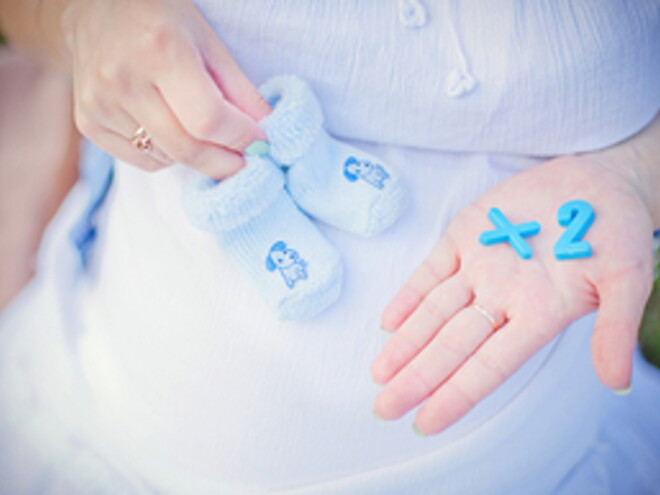
How to Get Pregnant with Twins?
The Odds Of Having Twins Or More
Twins are either identical or fraternal.
When it comes to the chances of having identical twins, they are about the same for all women. This is because identical twins are 2 offspring produced by just one fertilized egg that splits and forms two embryos; they are an amazingly rare condition that has nothing to do with genetics.
As for the chances of conceiving fraternal twins, they are quite different between one woman and another; they rely mainly on genetics, along with other risk factors. Let check them out!
Body Type:
Chances of having twins, fraternal twins in particular, tend to increase among large women and tall ones.
Nutrition:
Following a diet rich in fats and preferring fatty foods over non-fatty or less-fatty foods can increase a woman’s odds of conceiving twins. This is because fats are an important building block for a healthy pregnancy, and have a great influence on female hormones.
Race:
White and African American women are more likely to have twins compared to Asian women.
Genetics:
If the mother is herself a twin or belongs to a family with a long history of twins, she’s more likely to have a set some day.
Age:
Women above 35 years old are more likely to have twins, as their bodies tend to produce higher levels of the hormone FSH that triggers ovulation.
Number of Pregnancies:
It is believed that the likelihood of having twins increases with repeated pregnancies.
Fertility Treatments:
Some types of fertility treatments like IVF for instance, greatly increase a woman’s odds of having twins/ multiples.
What about you? Now that you looked into the risk factors, do you consider yourself a lucky candidate for this double duty? Are you ready for the challenges? Please share your comments below.
Another factor that can influence the chances of having twins is the use of birth control. Some studies suggest that women who conceive shortly after discontinuing birth control pills may have a slightly higher chance of conceiving twins. This is believed to be due to the hormonal changes that occur when the body is adjusting back to its natural cycle, potentially leading to the release of more than one egg during ovulation. However, this effect is generally considered mild and temporary. Ultimately, while several factors can influence the likelihood of having twins, it is often a combination of genetics, environment, and sometimes, just plain luck.

